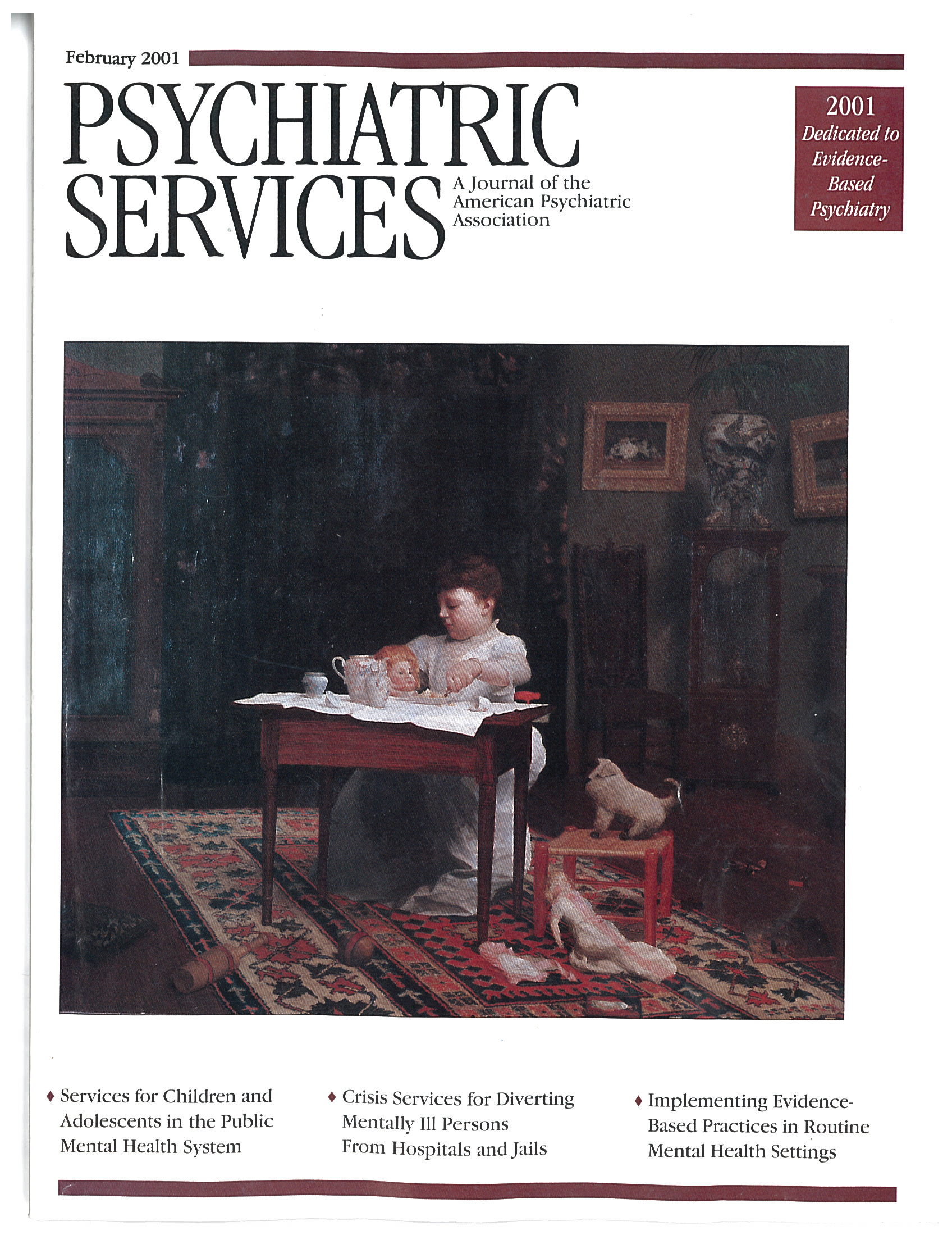Recovery and Realism
In Reply: Dr. Aquila and colleagues correctly point out that people with serious mental illness can get better, that hope is an important part of recovery, and that newer medications have some demonstrable advantages. However, this is not true for all clients, and my editorial argued for a balanced perspective, consistent with the available scientific evidence.
I was recently at a conference on atypical antipsychotics at which one member of the audience expressed concern that if we claim these medications are transformingly effective, funding agencies may argue that fewer resources are needed for rehabilitation services or for supported housing. Some payers have already argued that the dramatically reduced availability of acute inpatient care for mental illness is justifiable because of the availability of these medications. I do not feel the evidence justifies such reductions.
Neither an editorial nor a letter is the place for a review of scientific evidence. However, I believe the literature does suggest that our progress has been incremental and that while some side effects are reduced, others are increased. Realism should not be seen as the enemy of hope, but rather as the backdrop that highlights its overwhelming importance.
Dr. Rosenheck is director of the Veterans Affairs Northeast Program Evaluation Center and professor of psychiatry and public health at Yale School of Medicine in New Haven, Connecticut.



